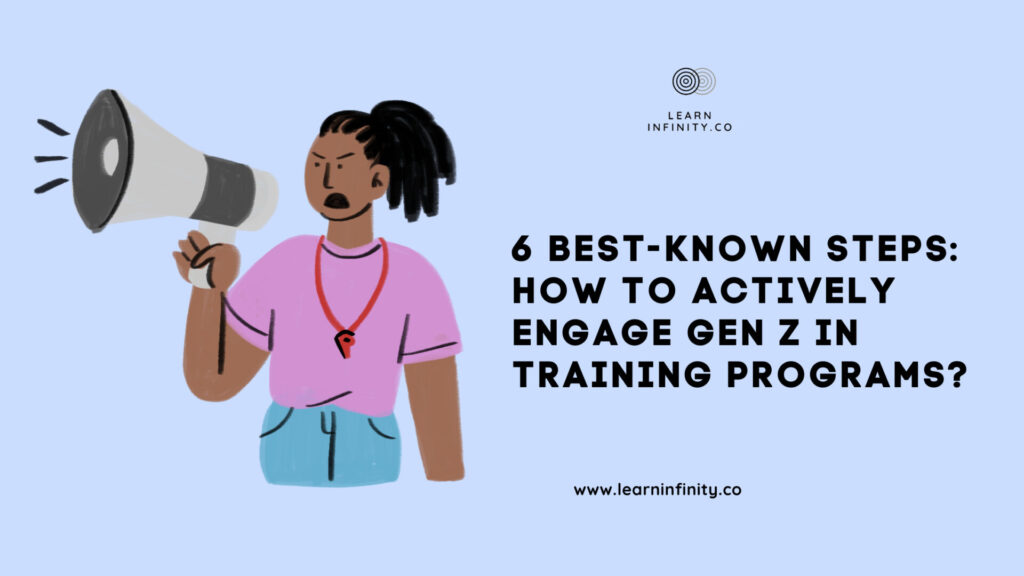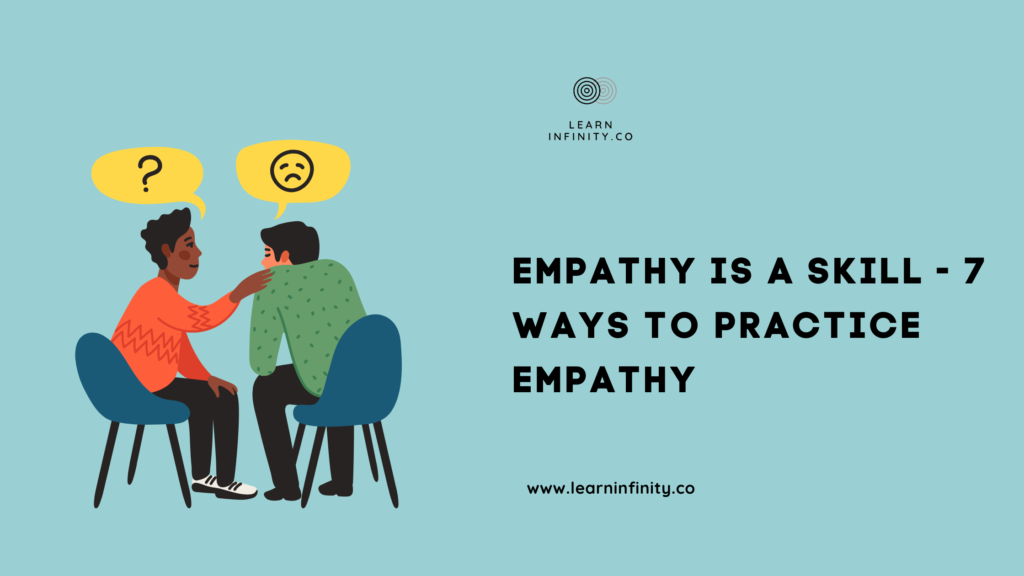Exit interviews are an important part of the employee turnover process, as they provide valuable feedback on the employee’s experience and reasons for leaving. According to recent US Pulse Survey, 65% of employees are looking for a new job, in such a situation you will be conducting more exit interviews than you thought.
In this article, you will understand why exit interviews are important, how you should conduct an exit interview with some common interview question samples.
What is an exit interview?
Exit interviews are simple surveys taken by employers of employees leaving the company to understand why they are leaving the company, whether they have any feedback or suggestions for improvement in any area.

Why exit interviews are essential:
One of the main reasons for conducting exit interviews is the retention strategy because losing an employee is very expensive for a business.
According to Indeed, hiring employees roughly costs between $4,000 to $20,000 not including the new employee’s salary and benefits.
Through exit interviews you can understand why your employees are leaving the firm, did they have any bad experience that made them leave the firm and gather information that will help you retain other valuable employees.
Human Resources can cut down on employee turnover and the costs that go along with it by conducting exit interviews. This can be accomplished by the information shared during the exit interviews can be used to enhance employee experiences now and in the future.
After removing all personal information, you can conduct a quarterly or annual analysis to identify trends (such as whether a particular company policy had a negative impact on a group of employees or whether a particular manager lacked trust).
Next read: Strategies & tools to enhance employee experience in your organization
By utilizing the interview feedback to gain insight into the experiences of a departing employee you can understand what policies or company culture are working and what employees don’t prefer.
How to conduct an effective exit interview:
Exit interviews can happen in a face-to-face interview or it can be a survey which an employee fills out.
Plan ahead. Schedule the exit interview in advance and make sure to prepare any necessary materials or questions beforehand. Either surveys or one-on-one interviews, prepare the questions in advance which will help you conduct a productive interview and collect important information which you would not get otherwise.
Create a comfortable atmosphere. Make sure the exit interview is conducted in a private, comfortable setting to encourage open and honest communication.

Scheduling and sharing the interview questions in advance can help the employee be comfortable and prepare what they want to say in advance. You can also express support and excitement for their new opportunity to make the environment light.
Use open-ended questions. Ask open-ended questions that allow the employee to share their thoughts and feelings, rather than just yes or no answers.
If you want to read your employees mind and receive necessary information choose open ended questions which will not restrict the answer.
Be an active listener. Listen actively to the employee’s responses and show that you are genuinely interested in their feedback.
Though the employee is leaving the organisation, and you might only be interested in knowing why, keep the conversation positive and avoid any confrontation or accusatory tone.
Remember to gather data and implement the feedback to improve the employee experience of your company.

Keep it confidential. Assure the employee that their responses will be kept confidential, unless there are any legal or safety concerns.
When employees are assured of confidentiality, they will feel free and will provide their opinions freely.
Follow up. Follow up with the employee after the exit interview to thank them for their feedback and to let them know how their comments will be used.
Also, use objective criteria to evaluate the feedback and use that feedback to make changes to the company culture, policies, and procedures.
Keep it consistent. Conduct exit interviews for all employees leaving the company, regardless of the circumstances of their departure.
Though the most effective way is one-on-one interview. If not possible at least send a questionnaire with open ended questions to gather as much information as possible.
Use a standard questionnaire or template. Exit interview questions are very important not to miss out any critical information during exit interviews so, use a standard questionnaire or template to ensure that you are covering all of the important topics and getting consistent feedback.
But don’t get rigid with following the questions, be flexible while asking questions. Make sure to ask follow up questions (if necessary) to gather additional information or evaluate the integrity of the answers.
Exit interview questions:
Select the interview questions that will help your HR team improve the current employee experience and retain valuable employees for a long period of time.
Here are some suitable exit interview questions you can consider:
- Why are you leaving the company?
- Did you experience any kind of ill treatment during your tenure?
- Were your concerns or feedback heard by your manager?
- What does the new company or position work that we don’t?
- Did the company support you to achieve your career goals?
- Were you provided with abundant learning and training opportunities?
- What were the things you enjoyed most about working here? And the worst?
- What do you like about the company?
- What could we have done to retain you?
- What opportunities for self improvement would you like to have that go beyond your current role?
- Would you refer a friend to our company?
- If you could change one thing about your job, what would it be?
- What qualities should we look for in your replacement?
- What advice do you have for the next person in your position?
By following these tips and structuring the interview questions, you will get an idea on how to conduct an exit interview effectively that provides valuable insights into the employee’s experience and reasons for leaving. This feedback can be used to improve the company culture, policies, and procedures to reduce turnover and retain valuable employees.
If you are struggling with high employee turnover, and want some guidance. Get in touch with us right away to learn more about how we can assist you to enhance your employee experience and retain talent in your businesses.
You can give us a call or reach out via WhatsApp on +977-9802848899 or drop a mail at learninfinityco@gmail.com.









